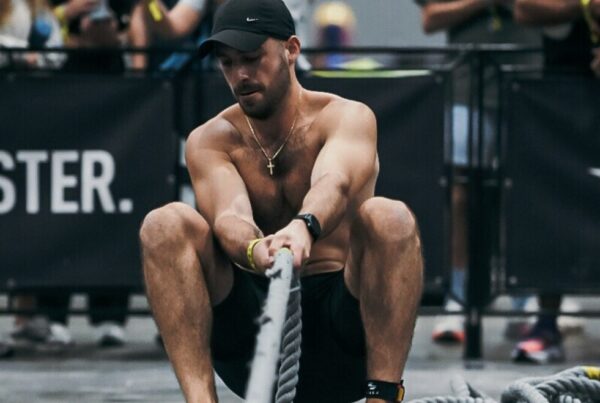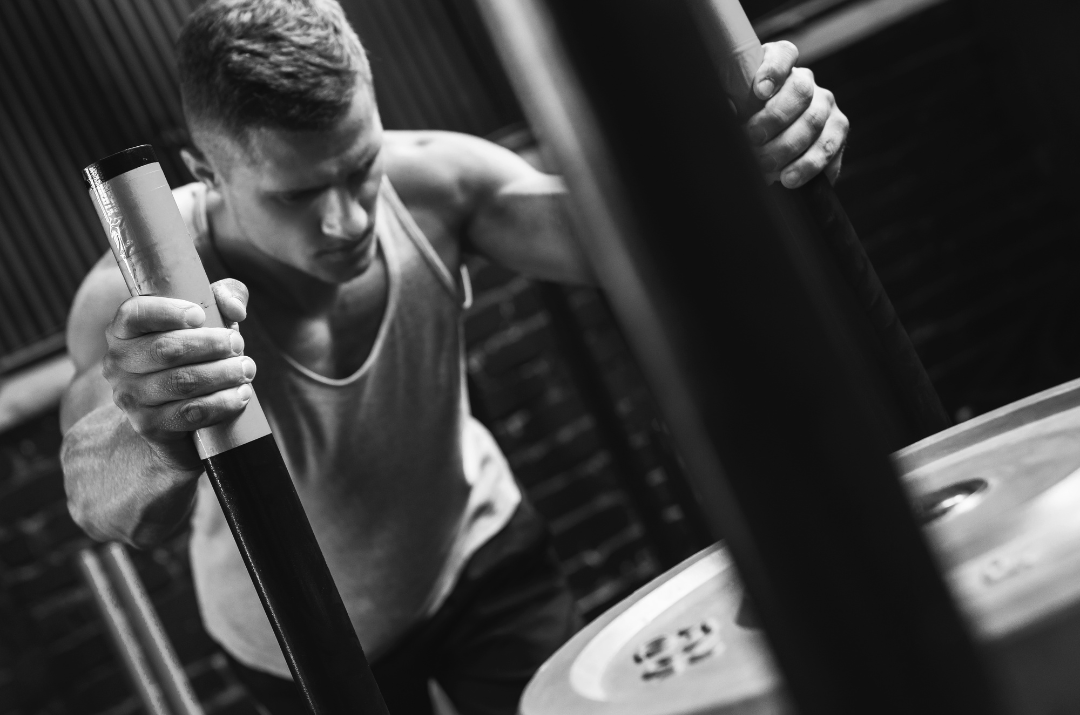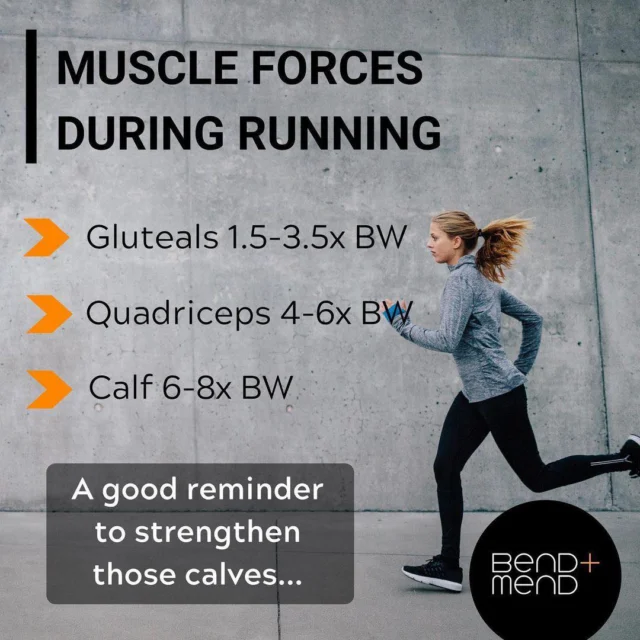Bladder health is so important that I have decided to link this NEWS article to a website post is simple to read and informative. Your bladder health can be affected not only by your day-to-day bladder habits but by your diet, bowel health, pregnancy and even lower back pain or pelvic pain. Bladder dysfunction in any of its forms should not be ignored and you should seek advice from an appropriate health professional. This website post gives you the top tips for improving bladder control for women of all ages and stages of life. This includes advice for young women, pregnant women, post-natal women, menopausal and post-menopausal women and tips for healthy ageing.
Advice for Young Women
Young women should go to the toilet when they need to go rather than forcing themselves to go when they lack the urge to do so. The habit of always going irrespective of urge, particularly before leaving the house, before long car trips or as soon as you get home are discouraged. This post encourages young women to listen to their body’s messages and natural urges.
When attempting to empty your bladder, it is encouraged that sitting is the most effective position. Once an urge to urinate is experienced then the woman should calmly go to the bathroom, sit on the toilet and in a relaxed fashion empty their bladder.
Young women should not ignore any bladder leakage or consider it ‘normal’. Young women should be encouraged to visit their GP and get early treatment. If appropriate then they may be referred to see a Women’s Health Physiotherapist.
Drinking plenty of water is important for various reasons but staying hydrated is important for Bowel Health which can in-term affect Bladder Health. You should aim to drink enough to keep your urine a pale yellow colour except for first thing in the morning where it is usually a darker yellow colour.
Advice for Pregnant Women
Approximately half of all pregnant women will experience some incontinence during pregnancy. Therefore, it is important that these women dedicate time everyday to pelvic floor muscle training. In addition, these women should use their pelvic floor muscles when performing more strenuous activities such as coughing, sneezing, running etc. If you’re uncertain if you are doing your pelvic floor muscle exercises correctly then you should see a Women’s Health Physiotherapist for assistance.
Exercising in pregnancy is important for various reasons but safe modifications are necessary so it is encouraged for these women to seek advice from appropriate health professionals.
Advice for Postpartum Women
Although it may not be at the forefront of your mind postpartum, it is important to take care of your pelvic floor as soon as possible. Initially rest is important but when able women should return to their pelvic floor muscle exercises to give them more pelvic support. Support devices such as compression garments can also be helpful initially, particularly for those women experiencing lower back pain or pelvic pain. A gentle return to general exercise with gradual progressions is important and women should seek appropriate advice from health professionals for guidance.
Advice for Menopausal and Postmenopausal Women
Due to the reduction in oestrogen levels, incontinence and urinary tract infections can become more prevalent. It is important to seek advice from an appropriate health professional.
Advice for Healthy Ageing
It is important to stay active throughout the ageing process and if you have any bladder concerns, mild or major, then seek health professional advice as soon as possible to get early treatment.
If you have any questions regarding your bladder health then come and see Bonnie, our Women’s Health Physiotherapist at Bend + Mend Martin Place in Sydney’s CBD.






